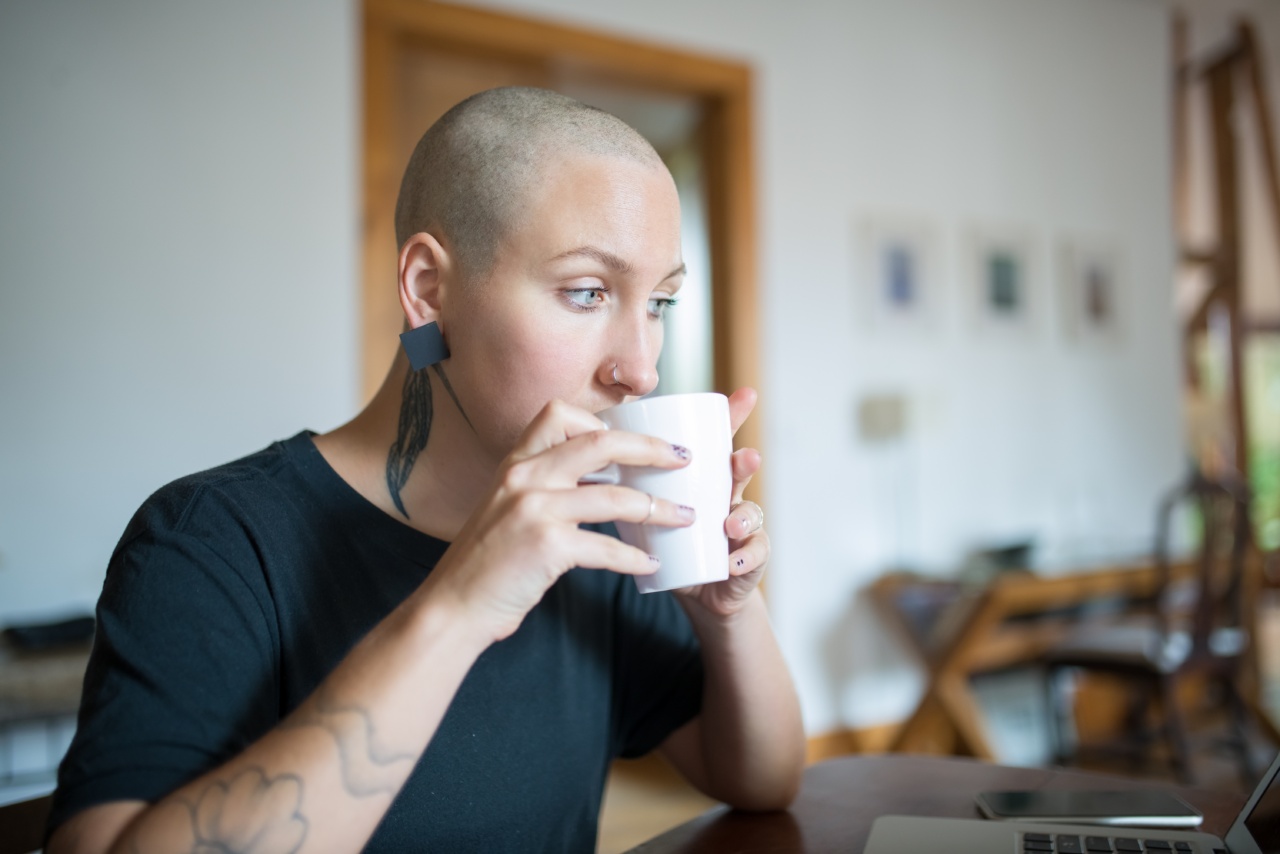Coffee is one of the most popular beverages worldwide, known for its rich aroma and stimulating effects. For many people, it’s the go-to drink to kick-start their day or provide a much-needed boost of energy during the afternoon slump.
But did you know that coffee offers more than just a delicious pick-me-up? Research has shown numerous health benefits associated with regular coffee consumption. In this article, we explore seven compelling reasons why drinking coffee every day can be good for you.
1. Improved Cognitive Function
If you’ve ever experienced a mental fog in the morning, you’ll appreciate the cognitive-enhancing effects of a cup of coffee. The caffeine in coffee stimulates the central nervous system, boosting brain function and increasing alertness.
Studies have found that coffee can improve various aspects of cognitive performance, including memory, attention, and vigilance. So, next time you need to stay focused and attentive, reach for a cup of joe.
2. Increased Metabolic Rate
For those aiming to shed a few pounds, coffee can be a valuable ally. Caffeine has been shown to increase metabolism, leading to greater energy expenditure and fat burning.
Additionally, coffee can suppress appetite, reducing the urge to snack between meals. Incorporating coffee into a balanced diet and exercise routine may contribute to weight loss goals.
3. Enhanced Physical Performance
If you’re an athlete or simply enjoy being physically active, coffee can provide a natural performance boost. Caffeine stimulates the release of adrenaline, preparing the body for intense physical exertion.
It also lowers perceived exertion, meaning that you’re likely to push yourself harder without realizing it. Whether you’re hitting the gym or going for a run, coffee can help you achieve better results.
4. Lowered Risk of Chronic Diseases
Regular coffee drinkers may be at a reduced risk of developing various chronic conditions.
Several studies have found an association between coffee consumption and a lower risk of type 2 diabetes, Parkinson’s disease, Alzheimer’s disease, and liver disease. While the exact mechanisms are still being explored, the high antioxidant content in coffee and its anti-inflammatory properties are believed to play a role in protecting against these diseases.
5. Antioxidant Powerhouse
Coffee is rich in antioxidants, which are beneficial compounds that help fight inflammation and neutralize harmful free radicals in the body. Free radicals can damage cells and contribute to the development of chronic diseases, such as cancer.
By drinking coffee regularly, you can increase your antioxidant intake and potentially reduce the risk of oxidative stress-related health issues.
6. Improved Liver Health
Your morning cup of coffee may be doing wonders for your liver. Multiple studies have shown that coffee consumption is associated with a decreased risk of liver diseases, including cirrhosis, liver cancer, and non-alcoholic fatty liver disease.
The protective effects are thought to be due to coffee’s ability to reduce liver inflammation and prevent the accumulation of fatty deposits.
7. Boosted Mood and Reduced Depression Risk
Feeling a little down? Coffee can offer more than just a temporary mood boost. Studies have consistently shown an association between coffee consumption and a reduced risk of depression.
Caffeine acts as a mild antidepressant by increasing the production of certain neurotransmitters that regulate mood. However, it’s important to note that excessive coffee consumption may have the opposite effect and increase anxiety levels, so moderation is key.































